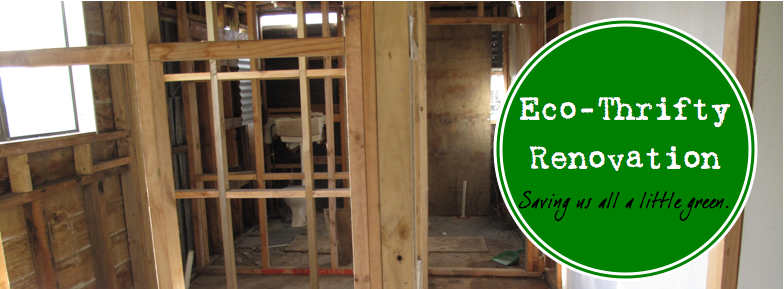Editor's note: This is today's column published in the Wanganui Chronicle, serving as one last invitation to community partners, and promoting our first 4 neighbourhood events.
Project HEAT
After spending the evening at a friend’s home recently, I
found my arms covered with goose bumps after a short walk to the car. It was a
starry night with a crescent moon, and the temperature was dropping toward the
single digits. More than a month after the summer solstice, we find ourselves
sliding into autumn.
Earlier in the evening, I met a couple that told me they
greatly appreciated the advice from this column last winter on ‘window
blankets’. They told me that they tried them out and noticed positive results
immediately. They felt their home was dramatically warmer, and that their
childrens’ health had benefited from this eco-thrifty approach to slowing heat
loss through windows.
That same evening, our hosts – a young couple with a 4-month
old baby – mentioned that they had installed polythene sheets under their home
and had noticed a major difference in terms of the rising damp.
Indoor (above) and Outdoor (below) temperatures in Celsius.
Both of these are examples of the low cost / high
performance strategies that home owners or renters or landlords can take to
improve the energy efficiency and health of their dwellings.
Regular readers of this column will notice that I have not
written about these types of things for the last four months. The obvious
explanation can be summed up as: who wants to read about how to keep their home
warm and dry during the summer?
This is not to say, however, that I am now proclaiming an
end to summer, or that I intend to start writing about improving thermal
comfort again this month. What it does mean is that I am inviting community
groups and local businesses to become partners in Project HEAT: Home Energy
Awareness Training.
Project HEAT helps renters and owners alike to make their
homes warmer, dryer, healthier and less draughty in three ways: 1) presentations
in every suburb explaining easy, low-cost ways to save energy at home; 2) home
energy audits; 3) instructional DIY workshops that teach how to make and
install low-cost energy-saving devices. The presentations and audits will be
provided free thanks to the generous support of our financial backers. There
will be a small fee for the DIY workshops.
Items donated by Bunnings.
Although the project formally kicks off in March, I wanted
to make one last offer to potential partners. At the moment, we have many
different types of partners.
Our funding partners are Tree Life NZ Ltd. and an anonymous
donor.
Our venue partners are the Josephite Retreat Centre, Wai Ora
Christian Trust, Gonville Community Centre, and Progress Castlecliff.
Our in-kind partners are the Sustainable Whanganui Trust,
Bunnings Hardware, the Sisters of Saint Joseph, the Wanganui Chronicle, Mediaworks, and the Wanganui Regional Primary
Health Organisation.
Our educational partner is Community Education Services.
Presently we have funding for 10 neighbourhood presentations
and 83 home energy audits. Our goal is to be able to provide 100 free home
energy audits to low-income families and pensioners.
We have community presentations scheduled for Saint John’s
Hill (4th, March), Aramoho (7th, March), Gonville (18th,
March), and Castlecliff (19th, March). This leaves us six suburbs
short of our plan to serve every neighbourhood in our city. If you don’t see
your suburb on this list, please alert your church, sports club, or local hall,
and have them contact me as soon as possible.
Together we can make a stronger, healthier and wealthier
community. Join us.
Peace, Estwing



There's a chance you're eligible for a new solar energy rebate program.
ReplyDeleteFind out if you're eligble now!